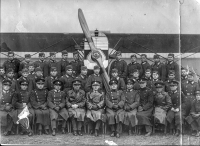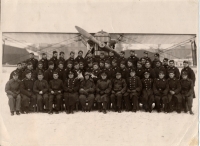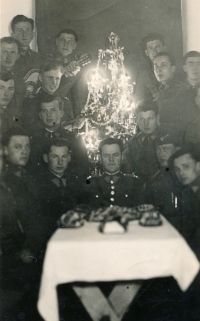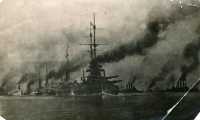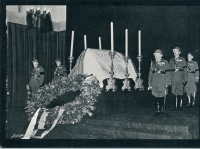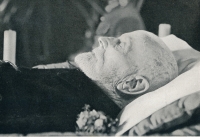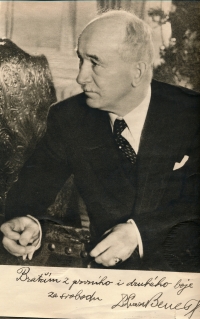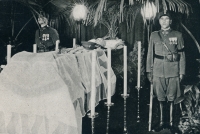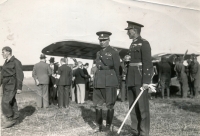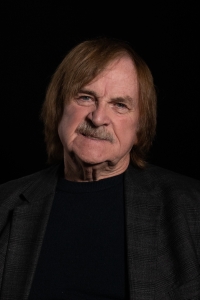We were embarrassed at political training, but we had to go there
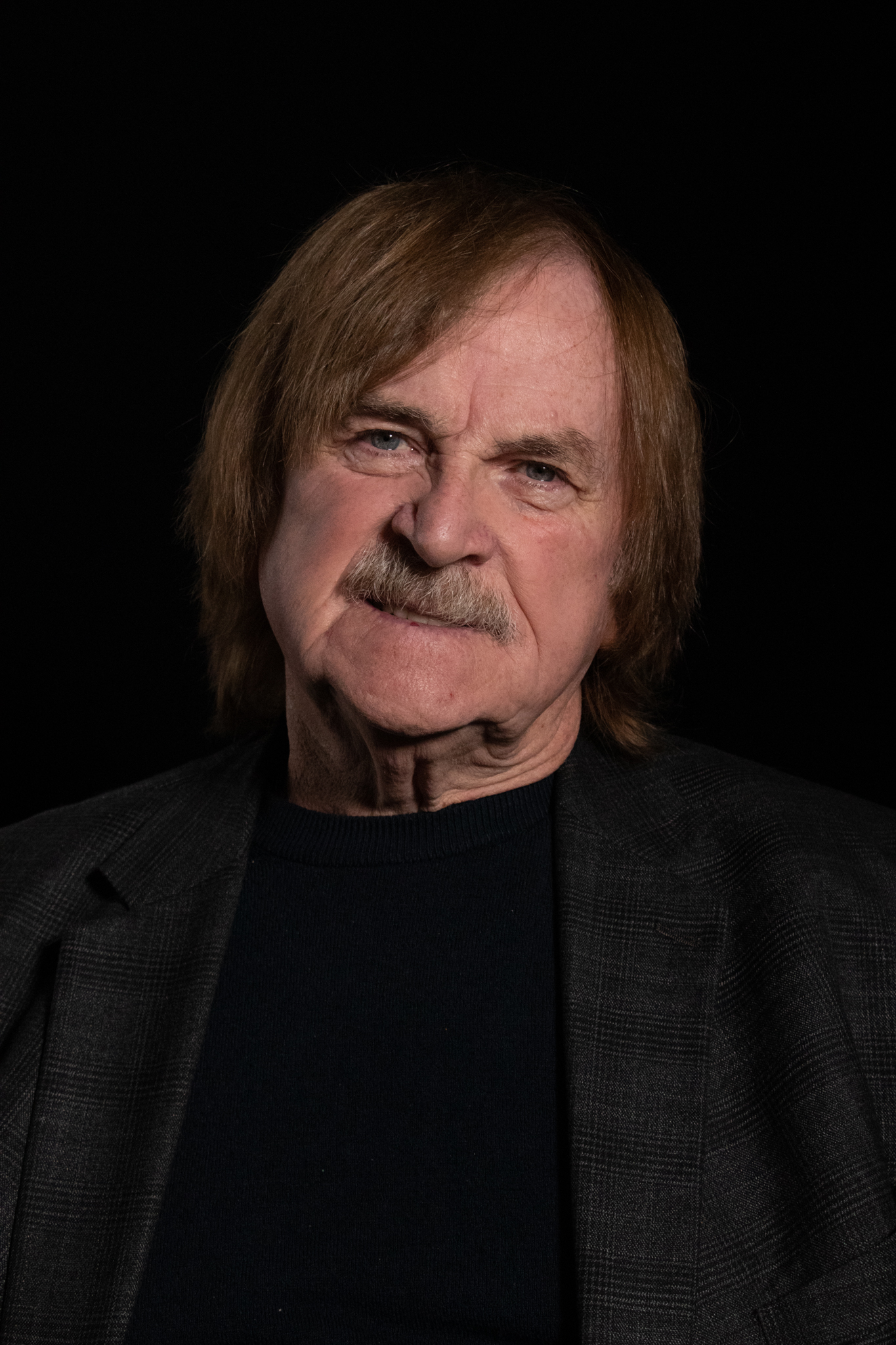
Download image
Karel Vágner is a Czech musician, double bassist, bandleader, composer and producer. He was born on 22 March 1942 in Kbely, the youngest of four sons of Josef Vágner, a veteran of World War I who took part in the naval mutiny in Pula in 1918. Karel Vágner trained as an instrument maker, but soon turned to music. After graduating from the conservatory, he played with various bands, such as the Greenhorns and the Karel Duba Orchestra. In August 1968, he survived a tragic accident in Mongolia in which several members of Duba’s orchestra were killed. In the 1970s, he founded his own Karel Vágner Orchestra, which accompanied pop music stars of the time such as Hana Zagorová or the duo Stanislav Hložek - Petr Kotvald. He travelled with the orchestra to the Soviet Union and Cuba, and he also travelled abroad many times with the Amfora football club. Together with other artists supported by the regime, he had to participate in regular political training sessions headed by Miroslav Müller, then head of the Culture Department of the Central Committee of the Communist Party of Czechoslovakia, or, for example, in television evenings of Soviet song. In 1977, he was among the artists who signed the so-called Anticharter at the National Theatre - but according to his own words, he only signed the attendance list, thus not deviating from the common practice at the time. In 1982, he wrote the music for the hit “Holky z naší školky” (Girls from Our Kindergarten), which became the best-selling song in Czechoslovak pop music. After 1989, he founded the music publishing house Multisonic - the first joint-stock company in the field of music.
